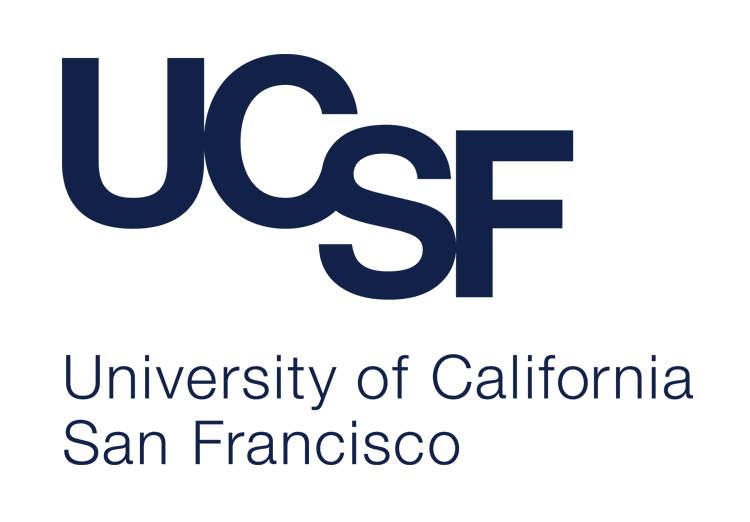Timeframe: 2023 – 2024
Goal: Testing the drug zotatifin (eFT226) against human FLC tumors grown in mice
Principal Investigator: John Gordan, MD, PhD

Study overview: This “proof of concept” study focuses on testing the drug zotatifin (eFT226) for activity against human FLC tumors grown in mice. This drug is being developed by eFFECTOR Therapeutics (Solana Beach, CA). The drug is currently in Phase I clinical studies as a potential therapy for a variety of cancers.
The application follows from a completed FCF-funded project led by Dr. Gordan as Principal Investigator, together with Nabeel Bardeesy, PhD (Massachusetts General Hospital). They found that the primary driver of FLC, the DNAJ-PKAc fusion protein kinase (DP), increases the expression of a cancer-promoting protein called c-MYC. This occurs because DP activates an enzyme, eIF-4A, that substantially increases the amount c-MYC made from each copy of the corresponding messenger RNA – such regulation of protein synthesis is known as “translational control.” Furthermore, they showed that c-MYC is required for robust proliferation of FLC cells in culture. Zotatifin was developed as an inhibitor of eIF-4A. Dr. Gordan has postulated that this drug should prevent the DP-dependent overproduction of MYC in FLC cells, and thereby slow tumor growth and potentially cause the cancer cells to die.
Previously, the Gordan / Bardeesy team found that zotatifin indeed inhibits the growth and may cause the death of human FLC cancer cells grown in laboratory culture. The main goal of the new project will be to determine whether zotatifin is similarly active against FLC cells growing in living animals, using immune-deficient mice that can serve as hosts for human tumors (PDX models). Dr. Gordan also will assess combinations of zotatifin with other potential anti-FLC therapeutics.
If successful, the experiments will provide proof of concept for the use of translation inhibition as a potential treatment strategy for FLC patients.
